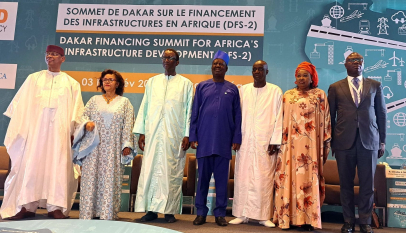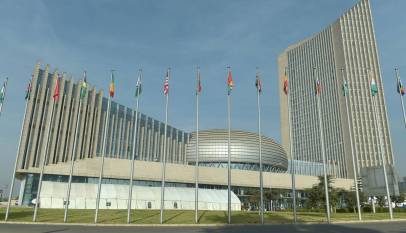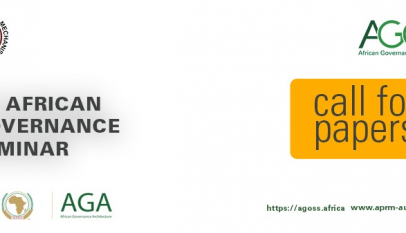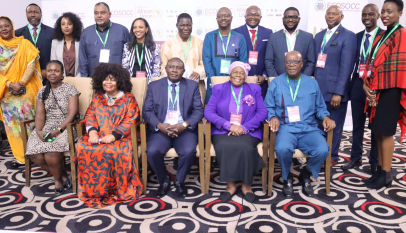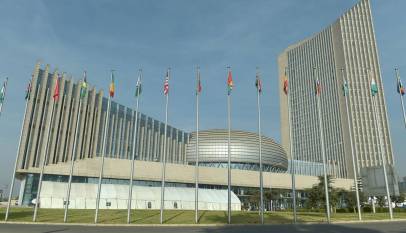APRM condemns xenophobic violence in South Africa, urges end to social inequality
The Chief Executive Officer of the African Peer Review Mechanism (APRM) Prof Eddy Maloka has condemned in “strongest sense” the recent outbreak of xenophobic violence in South Africa, calling on both the government and people of South Africa to work together to implement programs that would address the root causes of xenophobia: social inequality, poverty and unemployment.
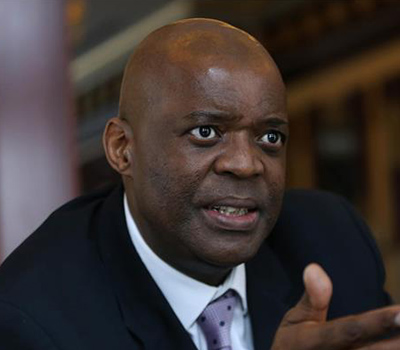
“These types of attacks against foreign nationals in South Africa were indeed highlighted in the 2007 APRM Country Review Report of South Africa. We have been collaborating with the South African government and civil society in general, in the context of our Country Review Mechanism, to find lasting solutions to this problem,” said Prof Maloka, in a press statement by the APRM, which is the African Union’s self-monitoring initiative to promote good governance across Member States of the Union.
The statement quoted the 2007 APRM Country Review Report of South Africa, which said: “Given the levels of unemployment, socio-economic inequalities and inadequacies in service delivery in South Africa, some stakeholders perceive the presence of immigrants as an additional problem in their own struggle for a better life.” The APRM report had also noted, “These perceptions may cause social tension and the eruption of violence and crimes, if not properly managed; and that they may even convert into major sources of internal strife and, possibly, potential sources of inter-state conflict.”
The APRM had therefore called on the South African government to “Devise a programme of partnership and collaboration with the private sector and CSOs to address fully and effectively the issues of social inequality, poverty and unemployment. This is important in ensuring that violent conflict is prevented.”
It also urged the Republic of South Africa to, “Strengthen dialogues about democracy and service delivery through Imbizo (a forum for enhancing dialogue and interaction between the government and the people) at local government level and municipalities in order to avert possible conflict based on racism or competition over scarce resources, misunderstanding or political rivalry” as well as “Devise a more enlightened, comprehensive strategy for dealing with the issue of refugees. Promoting an environment of peace, stability and prosperity in the region is also likely to stabilise and regularise the movement of people.”
Prof Maloka concluded: “We [APRM] have an obligation as an institution and mechanism to encourage governments in Africa not only to improve their systems of governance but also to respond adequately to the needs of their citizens, in this way, conflicts such as the one we see in South Africa today will be minimised. It is in this spirit that we as the APRM pledge our support to the South Africa government in the implementation of the country review recommendations,” according to the APRM statement.


